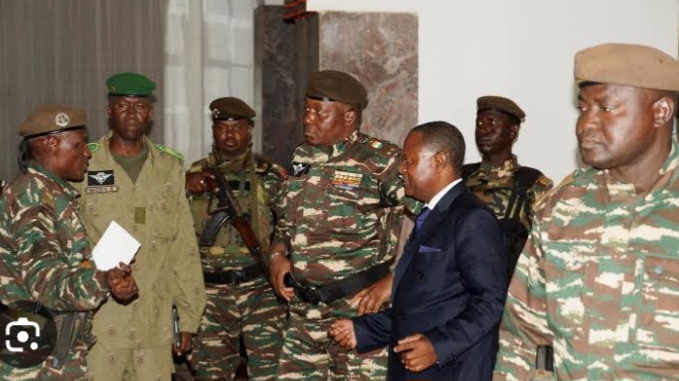By: Babagana Bukar Wakil, Maiduguri
Niger Republic has formally withdrawn from the Multinational Joint Task Force MNJTF, a regional coalition combatting armed insurgencies in the Lake Chad Basin. The decision, announced via a government bulletin on state television and reported by Reuters, comes as Niger prioritizes security around its oil assets amid growing domestic instability.
The MNJTF, comprising troops from Nigeria, Chad, Cameroon, and previously Niger, was established by the Lake Chad Basin Commission (LCBC) in 1994 to address regional security threats. The force was reactivated in 2014 in response to Boko Haram’s territorial expansion, with support from the African Union (AU), and has since played a critical role in counterterrorism operations across the region.
Despite operational successes, including the disruption of terrorist networks and the liberation of occupied territories, the MNJTF has faced internal rifts in recent years. The withdrawal of Niger, a key member, raises concerns about the force’s effectiveness at a time when jihadist groups such as Boko Haram and the Islamic State West Africa Province (ISWAP) continue to pose significant threats.
The decision follows a broader trend of regional disengagement by Niger’s military-led government, which seized power in 2023. Alongside Burkina Faso and Mali, Niger exited the Economic Community of West African States (ECOWAS) in 2024, signaling a shift toward unilateral security strategies. The junta, which recently announced a five-year transition to civilian rule, has pledged to strengthen national security but faces mounting challenges, including ongoing militant attacks and threats to critical infrastructure, such as the Agadem oilfield pipeline.
As of now, the MNJTF has not officially commented on Niger’s withdrawal. The implications for regional security remain uncertain, but the move raises pressing questions about the future of coordinated counterterrorism efforts in the Lake Chad Basin.
COV




